You are here
The Loud Spring
How could a society look that is able to mitigate climate change? And how can we build it?
The film starts with the question why the CO2 emissions did not decrease since the beginning of UN climate conferences: why have we lost 30 years?
It discusses the problems of “green capitalism”: the need for economic growth inherent to capitalist economies, and the dependence of nation states from economic success on the world market. In this context, we assess the potential of renewable energies and other technological fixes, given the problems of resource depletion.
We ask scientists to describe the consequences of unmitigated climate change: at what point are we now? How do things have to change?
In the second part we depict what in the global climate movement is called “System Change”. How would a society capable of dealing with the problem of climate change more responsibly look?
The Loud Spring shall fuel a strategical debate inside the climate movement.
The theatrical release in Germany was on August 2nd, 2022.
Internationale screenings (page is constantly updated): https://en.labournet.tv/loud-spring-screenings
Voices from the press:
"Very worth watching!" - Deutschlandfunk Kultur
"Constructive handout for greater understanding and radical rethinking" - Missy Magazin
"Not another film about the effects of the climate crisis. You will also look in vain for instructions on how to live a climate-neutral life through technical solutions." - Telepolis
"An astonishing number of terms describing this new society make aged GDR hearts beat faster." - jungeWelt
"...understands capital not as a fateful natural phenomenon, but as a social relationship. As one that can and must be overcome." - nd
"The film makes clear that workers have the power to change their conditions and society." direkte aktion
"As a climate movement, we must stop expecting help from institutions that pour oil on the fire." - taz
"The film is an offer for discussion to the climate movement, because it shows the possibilities that a joint action of wage earners and climate activists would open up." graswurzelrevolution
"...shows ways for those who are not content to wait for the end of capitalism." hessischer rundfunk
"Mobilising in the best sense." wildcat 110
"Instead of becoming a journalist and ending up at Springer, you can also work in a factory and prepare for the revolution, says Johanna Schellhagen" analyse & kritik
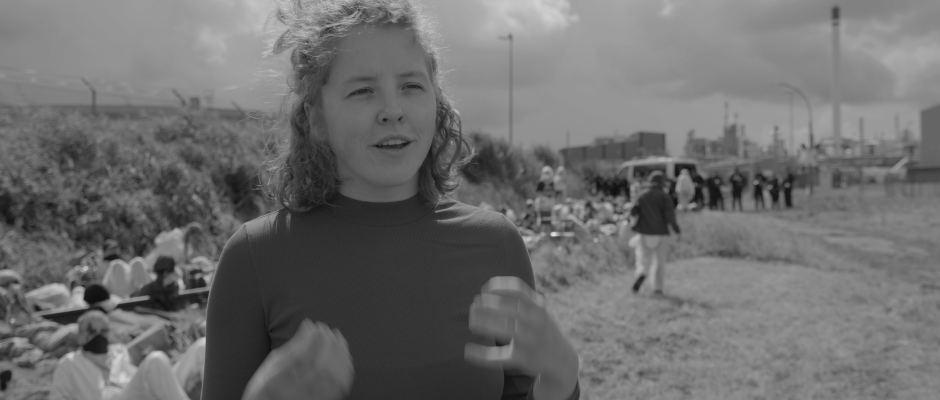
Since December 2023 the whole film is online for streaming and download. If you are inspired by the film, would like to leave a comment or organise a screening, please write us an email at: info ätt labournet.tv
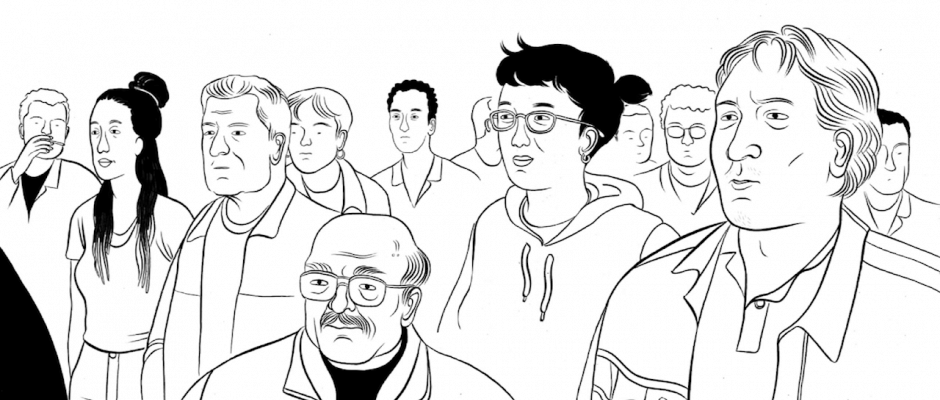
The release Trailer
"The time when it was easier to imagine the end of the world rather then the end of capitalism, has to end."
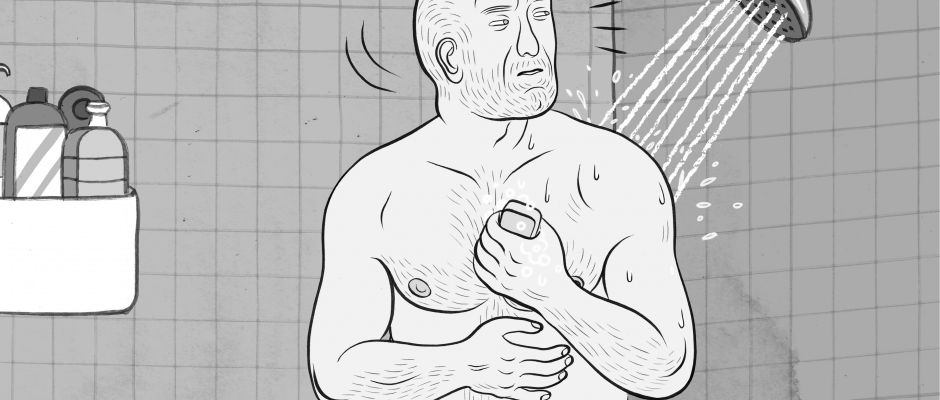
Since the beginning of the UN Conferences On Climate in 1992, yearly CO2 emissions have risen by 60%. In spite of protests and warnings. Why?
In February 2021 we published this trailer to raising funding for the production.
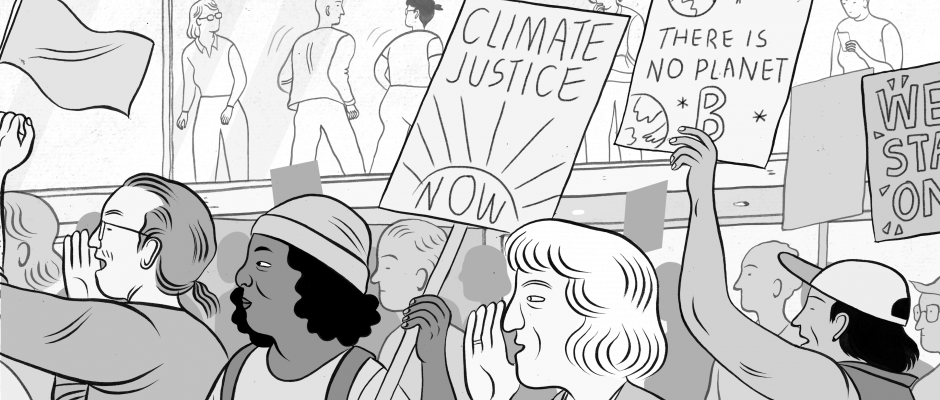
In September 2020 we filmed at the Ende Gelände direct action climate camp in Rhineland.
"We don't accept that all these fossil fuels are private property of companies who burn them and destroy the planet for the rest of humanity" says activist Sina Reisch.
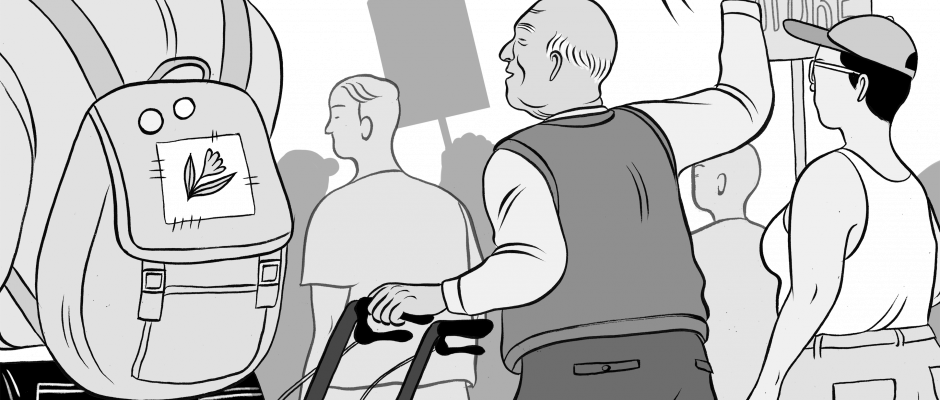
One of the scientists that we interviewed is Simon Pirani. He wrote "Burning Up - A History Of Fossil Fuel Consumption" (2019).
We asked him why we don't stop the production of goods that we don't need.
His answer: "Because we're not in charge!"
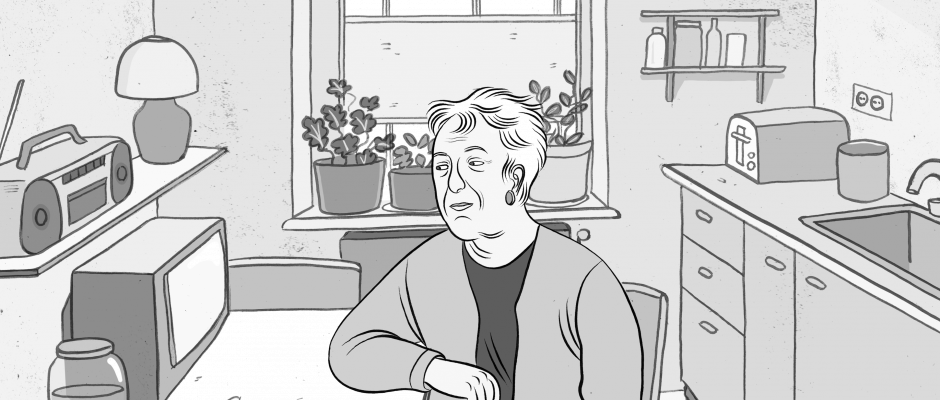
In July 2021, we went to Lausanne to interview Julia Steinberger, She is a professor for Social Ecology & Ecological Economics.
In her view, politicians don't really know what is at stake.

Andreas Malm has written important books such as ‘Fossil Capital: The Rise of Steam Power and the Roots of Global Warming’, ‘How to Blow Up a Pipeline’ and ‘Corona, Climate, Chronic Emergency: War Communism in the Twenty-First Century’. He lives in Malmö as a professor of human ecology. In September 2021, we interviewed him for The Loud Spring. He talks about Green Capitalism, direct air capture, the East African Crude Oil Pipeline, ecological Leninism, the Arab Spring and revolution.
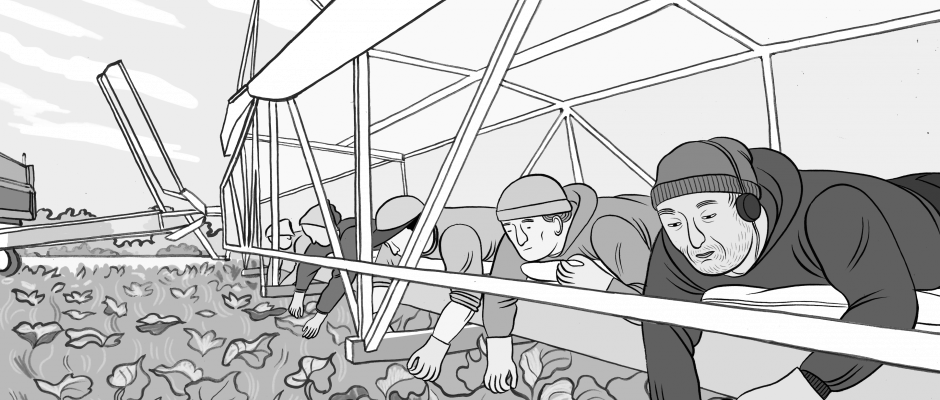
Engineer Philippe Bihouix, author of "L'âge des low tech", explains why and at what scale the current economic system is not sustainable.